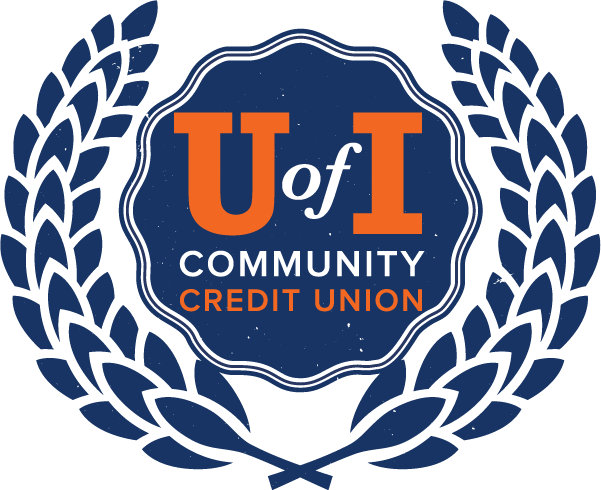Fraud Awareness
You may also be interested in: Security Awareness | Financial Wellness Center
Unsolicited Check Scams:
Have you ever received a check in the mail that you weren’t expecting? It could look like a rebate check or a refund for overpayment. Inspect the check thoroughly, paying close attention to any fine print on the front or back. There’s a chance that you are entering into a legally binding contract by signing the check and cashing it. Scammers use tactics like this to get you to authorize memberships, loans and other longer-term commitments that could cost you dearly.
Scammers are counting on your blindly accepting the check as free money and cashing it. Be wary of cashing any rebate or refund check you weren’t expecting.
Phishing Scams:
With phishing, scammers use texts and emails to trick individuals into giving up personal information. The information they want includes passwords, Social Security numbers, account numbers and more. Their goal is to access your personal accounts, such as email accounts and bank and other financial accounts.
Phishing scams are popular because of the accessibility of reaching large numbers of people through email and text messages. The FBI reported that Americans lost more than $57 million in phishing scams alone in 2019. Phishing emails and texts often look as if they are sent from trusted companies you may already know. Typically, phishing scams require you to click on a link and complete an action like confirming personal information. The message may even mention suspicious activity on a personal account.
Government Imposter Scams:
Another common bank scam is when someone pretends to be a government official. You receive a phone call from the imposter claiming you’ve won a prize that requires payment of taxes or fees so they can process it. The scammer may threaten to send you to prison if you don’t pay a supposed outstanding debt. The reality is that you will never receive a call from a federal agency asking for payment of any kind.
Scammers may use a fake federal agency name like the National Sweepstakes Bureau or the names of real agencies, like the Federal Trade Commission (FTC). Either way, it’s a scam because this isn’t a strategy used by federal agencies to collect payments.
Employment Scams:
Employment scams are another common way scammers try to gain access to people’s financial accounts. The scammer promises guaranteed work in exchange for an up-front fee. They may also ask for bank account information so they can transfer commission payments to you. This is all a front to get your bank account information, though.
Job scams often come through emails, but scammers also target people by phone and mail.
Unemployment Scams:
There are two main types of unemployment fraud. One scheme involves individuals receiving inappropriate or fraudulent deposits from a state unemployment agency. The other scam involves imposters filing a claim using the names and personal information of people who have not filed claims. Those individuals will learn about the fraud when they get a notice from their state unemployment benefits office or their employer about their supposed application.
Most of the time the payments are deposited to accounts the fraudsters control, but on occasion they can make it to the real person’s account. If this happens to you, be aware, the fraudster may call, text, or email in an attempt to get some of the funds sent to them. They may pretend to be from your state unemployment agency and say the money was sent by mistake and will ask you to send it back via wire, cash, or gift cards. Do not send funds back in this manner, contact the state unemployment agency and your financial institution.
Romance Scams:
This type of scam may be referred to as “Romance”, “Sweetheart”, or even “Lonely Heart”, but all have the same motive. Scammers go online looking to create a relationship with a potential victim, gain their trust and eventually defraud their victim by asking them to send money for some reason or another. These “relationships” can go on for long periods of time by which point the victim is emotionally invested. Fraudsters will create fake profiles on dating apps and other social media platforms, including gaming apps. They often use stolen photos, posing as a good looking, caring, and loving individual looking for companionship. Once the victim is approached, the scammer will move the relationship to email, phone calls, or instant message, but is careful never to video chat, often coming up with an excuse as to why they cannot. The fraudster will build this relationship over weeks, months, or years. The scammer is quick to profess their love, without ever meeting you, and will eventually claim to need money, for emergencies, to get home from overseas, or hospital bills. They may state not to have access to their accounts, and will have their victims work with their lawyer or boss. Their stories will pull on the heartstrings and make their victim believe it must be true.
